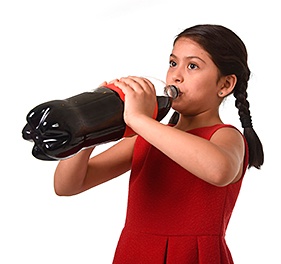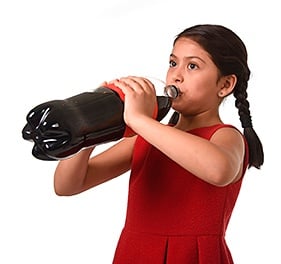When January 1, 2017 rolls around in Philadelphia, you can expect the usual banter about New Year’s resolutions to lose weight, get fit, and eat healthier. But there will be one extra ingredient in the mix that may help people get serious about their diet. Soda and other sugar-sweetened drinks will cost more.
In June, the Philadelphia City Council approved a 1.5-cent-per-ounce tax on any drink that contains less than 50 percent fruit juice, vegetable juice, or real milk. It’s the first major U.S. city to successfully impose a tax on sugary drinks. But it wasn’t without controversy, and millions of dollars were spent to defeat it. Organizations like the American Beverage Association and a newly formed group called Philadelphians Against the Grocery Tax are already pursuing legal action to try and overturn the decision.

The soda tax is expected to generate an estimated $91 million for Philadelphia to fund develoment and infrastructure for schools, parks, and recreation centers. That’s the primary reason Philly’s soda tax passed with a 13-4 city council vote.
More cities considering soda tax
Health experts believe the tax will also have a positive impact on population health. In neighboring Baltimore, Md., Baltimore City Health Commissioner Dr. Leana Wen said Philadelphia’s soda tax was a step in the right direction.
“Philadelphia’s soda tax is a great step toward improving public health,” Wen said in a press release. “…Research shows that drinking one of these beverages a day increases a child’s risk of becoming obese by 60 percent. In Baltimore, one in three children is overweight or obese and one in four drinks soda every day. Heart disease – a condition linked to obesity – is the number one killer of our citizens.”
Baltimore is pursuing its own legislation to pass a similar tax. Furthermore, the city council wants to require drink manufacturers and retailers to display warning labels that explain the health risks of consuming sugary drinks.
And it’s not the only city looking for a way to tax sugary drinks to generate revenue and address public health issues, says Mel Rader, the executive director of Upstream Public Health, a non-profit advocacy organization based in Portland, Oregon.
“This is a movement toward reducing consumption of sweetened beverages, which in turn should reduce diabetes and heart disease,” says Rader. “This November, close to 10 cities or counties across the U.S. will be voting on a sugary drink tax.”
Earlier this year, Upstream Public Health filed an initiative to put a soda tax on a future ballot in Multnomah County, Oregon. The proposed 1-cent-per-ounce tax on sugary drinks would generate an estimated $22 million a year that would be allocated to projects similar to those in Philadelphia.
In 2014, Berkeley, California became the first city to pass a tax on sugary drinks. As of July 1, 2016, advertisements for sugary drinks in San Francisco must include warning labels. And in November, voters in Oakland, California and Boulder, Colorado will get to weigh in on a proposed tax on sugary drinks.
Will a tax on sugary drinks improve public health?
It’s hard to know yet if a soda tax could change consumer consumption habits. The average American drinks an estimated 50 gallons of soda a year, according to the National Health and Nutrition Examination Survey. Some people might not be willing to readily give it up, even with an added tax.
But if you try and buy a 20-ounce soda in Philadelphia after January 1, 2017, it will cost you an extra 30 cents. And that might be enough to get people to gulp down something else - like a bottle of water.







